For the overseas Vietnamese community in general and overseas Vietnamese in Laos in particular, Uncle Ho is the embodiment of the Fatherland. Thinking of Uncle Ho is thinking of the homeland, of ancestors. Almost every overseas Vietnamese family in Laos has a picture of Uncle Ho hanging in their house, many families set up an altar for Uncle Ho, so that every year on Uncle Ho's birthday or National Day September 2 (also the day he passed away), people offer incense and commemorate Uncle Ho's death anniversary.
Seeing Uncle Ho is seeing the homeland, seeing the origin of the Vietnamese people.
Although living alone, Mrs. Nguyen Thi Nuong's house on Dongpalan Street, Phai Village, Sisatanat District, Vientiane Capital, Laos is always neat and cozy. Especially the altar of ancestors and Uncle Ho is always full of flowers and incense.
Uncle Ho's portrait is hung solemnly high up. It has become a tradition that on his birthday, May 19th, or his death anniversary, Mrs. Nuong offers incense, flowers, cakes and fruits to Uncle Ho, just like the Vietnamese people living here do when they go to the pagoda to pray for their ancestors.
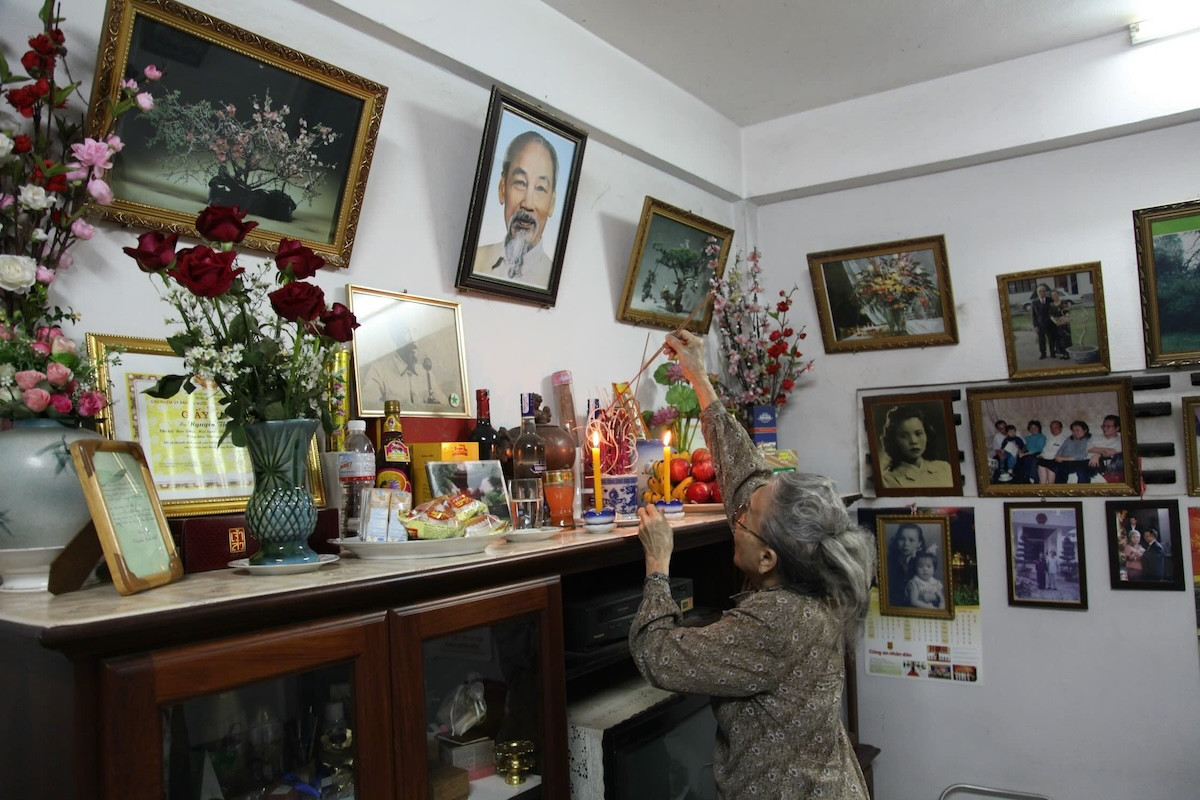
The ancestral altar and Uncle Ho's altar are always full of incense and flowers at Mrs. Nuong's house.
Mrs. Nuong recalls that before 1950, following Uncle Ho's call, many Vietnamese families in Laos evacuated to Thailand to build a Vietnamese community in Thailand. They only had a few sets of clothes and a few belongings when they left. Life was extremely difficult at first, but every family tried to find a picture of Uncle Ho, even cut from a newspaper, to hang in the house.
People hang Uncle Ho's picture in their house to remind their children and grandchildren to always remember and respect him - the beloved leader of the nation. For them, it is a way to remember their homeland. When the pro-American government in Thailand came to power, the police hunted down those close to the Democratic Republic of Vietnam regime, so people thought of a way to put Uncle Ho's picture on the altar. The story of worshipping Uncle Ho alive started from then on.
Mrs. Nuong recalls: “At that time, all patriotic Vietnamese families living abroad hung pictures of Uncle Ho in their houses. The government at that time was very strict. Necessity is the mother of invention, so we discussed putting Uncle Ho’s picture on the altar, but we didn’t burn incense. Because worshiping Uncle Ho at that time meant worshipping the living.
The custom of Laos and Thailand is that in the house you have the right to worship a Buddha or a saint that you respect, no one is allowed to interfere. So when you worship Uncle Ho in the house, they don't dare to do anything.
In September 1969, upon hearing the news of Uncle Ho's death, overseas Vietnamese were extremely saddened. Without anyone telling them, they set up an altar for Uncle Ho in their homes as if they were worshipping their ancestors. When Uncle Ho was alive, they went to the pagoda to worship Buddha, praying for his health and longevity. When Uncle Ho passed away, they went to the pagoda to burn incense and pray for his soul to be liberated soon. For Vietnamese people far away from home, Uncle Ho has long been considered a family member.
“When Uncle Ho was still healthy, we did not burn incense. On his birthday, National Day, Lunar New Year, etc., we all bought flowers to decorate and offered fruits to invite him to celebrate. Overseas Vietnamese followed Uncle Ho and loved him the most in this world. So when Uncle Ho passed away, not only me, but overseas Vietnamese also worshiped him. In the same way as our grandparents and parents were worshiped at home, we worshiped Uncle Ho the same way. On the 15th and 1st of the lunar month, we all burned incense and bought fruits to worship Uncle Ho. Everyone considered Uncle Ho as a grandfather in their family,” said Mrs. Nuong.
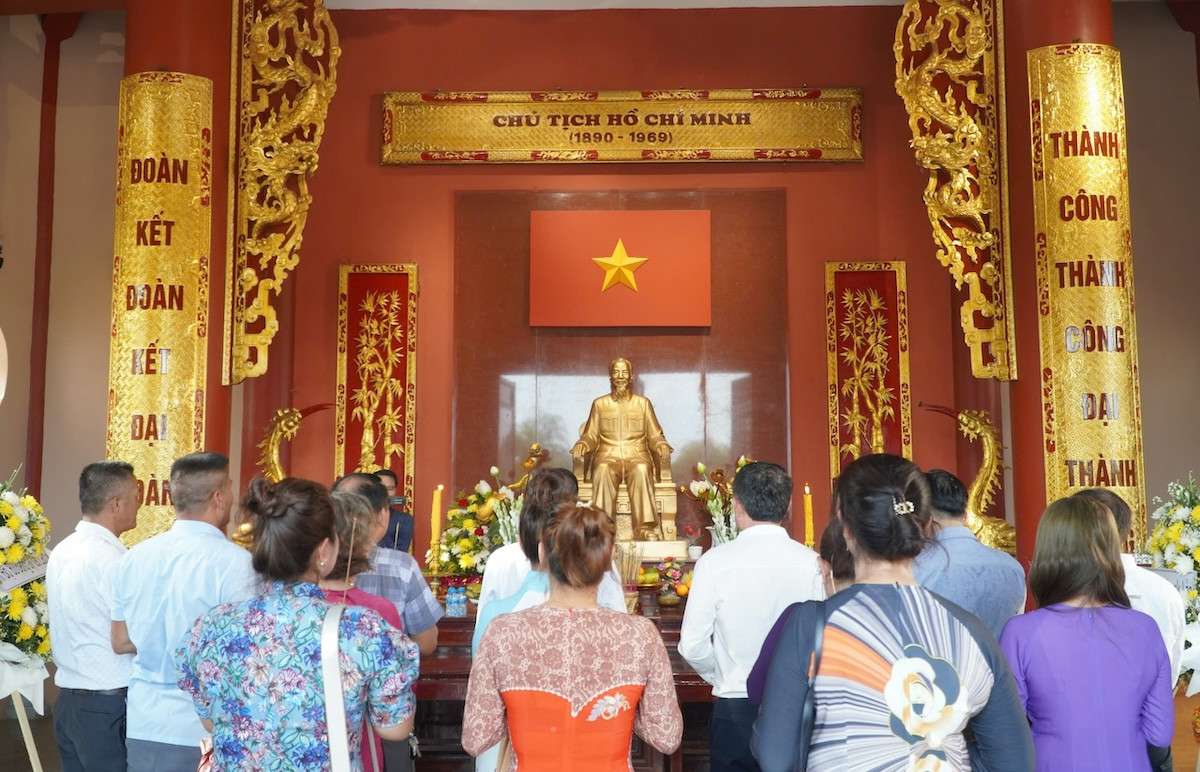
Not only setting up an altar for Uncle Ho at home, the Vietnamese community in Laos also donated land and contributed to the Vietnamese and Lao governments to build a memorial area for President Ho Chi Minh in Xieng Vang village, Noong Bok district, Khammouane province.
After 21 years in Thailand, then 10 years in France, in 1976, Mrs. Nuong's family returned to Laos to settle down until now. After decades of hard work, wherever they went, the family always had a portrait of Uncle Ho in their luggage. In the house, Uncle Ho's altar was placed in a solemn position so that everyone could see him every day. Because seeing Uncle Ho is seeing the homeland, seeing the origin of the Vietnamese people.
She said: “With Uncle Ho, we have our homeland today. Uncle Ho taught us that no matter where we go, wherever we are, we are still Vietnamese. We have a homeland, an origin. We must know how to love, cherish, and respect it. We are very honored and proud to have Uncle Ho, to have a homeland that everyone in the world must cherish. Therefore, wherever we go, my family always carries Uncle Ho's portrait with us.”
Old people often live for memories. Mrs. Nuong is no exception. Her living room is filled with pictures of family, relatives, and friends, with unforgettable memories of a time of wandering to make a living. The lacquer box inlaid with mother-of-pearl is used to store many photos of the activities of Vietnamese expatriates in Thailand, as well as her family, for nearly 30 years from 1946 to 1975.
She told about memories from her childhood, when she heard her parents and neighbors talk about Uncle Ho, about the movement of setting up an altar to Uncle Ho by Vietnamese expatriates in Thailand at that time.
Now, every time we celebrate Uncle Ho's birthday or National Day, Mrs. Nuong and the overseas Vietnamese in Laos think about their country, their beloved leader, and remind themselves to live a life worthy of the love and sacrifice that Uncle Ho devoted his entire life to.
'We are Vietnamese, we must remember Uncle Ho's contributions'
Like Mrs. Nuong, since childhood, Mr. Nguyen Duc Sau saw his parents hanging pictures of Uncle Ho in their house. In 1977, he and his family returned from Nongkhai, Thailand to Vientiane, Laos to live. When building a house in Champa village, Sikhottabong district, Vientiane capital, Mr. Sau re-established the altar of Uncle Ho and always burned incense regularly for him.
He always told his children and grandchildren about Uncle Ho's shining moral example, about his sacrifice for the country and the people, and told them: "As Vietnamese people, we must remember Uncle Ho's contributions. No matter how life is, Uncle Ho's altar must be placed in the most solemn place."
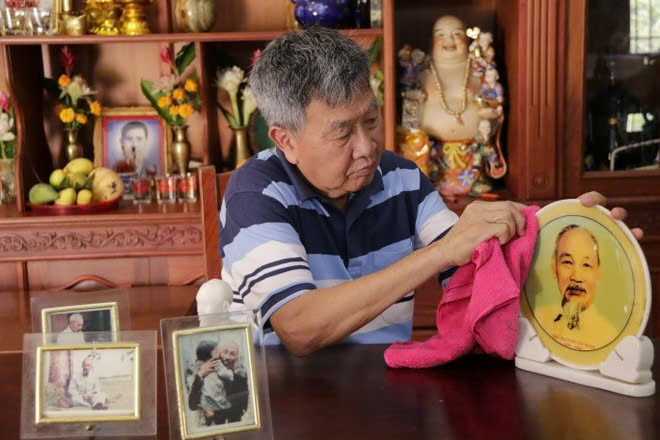
Every time he has a chance to return to Vietnam, Mr. Sau looks for photos and souvenirs with Uncle Ho's image printed on them to display in his house.
Every time he has the opportunity to return to Vietnam, Mr. Sau looks for photos and souvenirs with Uncle Ho's image printed on them to display in his house. He confided: "Uncle Ho sacrificed his whole life for the country and the people. The life we have today, even though we are in Laos, is thanks to Uncle Ho who built it together with the Lao revolutionary leaders. Uncle Ho is a person who made great contributions to building the strong friendship and solidarity between Vietnam and Laos. Remembering Uncle Ho, we must follow his example and live a good life."
Not only setting up an altar for Uncle Ho at home, the Vietnamese community in Laos also donated land and contributed to the Vietnamese and Lao governments to build a memorial site for President Ho Chi Minh in Xieng Vang village, Noong Bok district, Khammouane province - where he participated in revolutionary activities in 1928-1929. This place has become a red address for overseas Vietnamese and tourists to visit and pay their respects to President Ho Chi Minh.
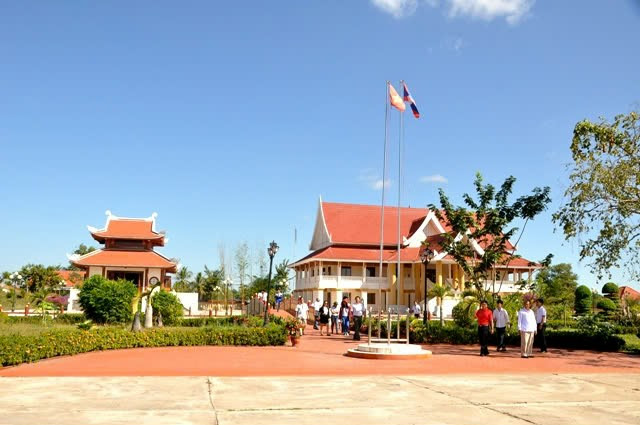
Memorial site of President Ho Chi Minh in Xieng Vang village, Noong Bok district, Khammouane province
For many years now, every year on Uncle Ho's birthday, May 19, the Vietnamese community in Laos has returned here to offer flowers and incense, to commemorate his birthday, promising themselves to live and do many good deeds, always looking towards their homeland, preserving and passing on the nation's traditional culture to future generations, contributing to spreading the noble values of Uncle Ho's life, career and shining moral example.
Vietnamnet.vn
Source: https://vietnamnet.vn/chuyen-kieu-bao-tho-bac-ho-khi-nguoi-con-song-2402414.html




![[Photo] The 5th Patriotic Emulation Congress of the Central Inspection Commission](https://vphoto.vietnam.vn/thumb/1200x675/vietnam/resource/IMAGE/2025/10/27/1761566862838_ndo_br_1-1858-jpg.webp)

![[Photo] National Assembly Chairman Tran Thanh Man receives Chairman of the House of Representatives of Uzbekistan Nuriddin Ismoilov](https://vphoto.vietnam.vn/thumb/1200x675/vietnam/resource/IMAGE/2025/10/27/1761542647910_bnd-2610-jpg.webp)
![[Photo] Party Committees of Central Party agencies summarize the implementation of Resolution No. 18-NQ/TW and the direction of the Party Congress](https://vphoto.vietnam.vn/thumb/1200x675/vietnam/resource/IMAGE/2025/10/27/1761545645968_ndo_br_1-jpg.webp)
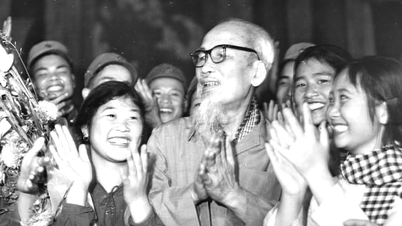

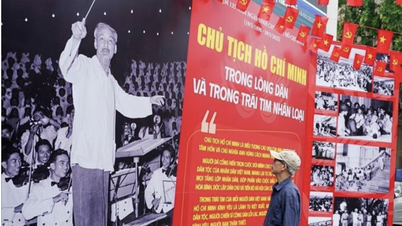

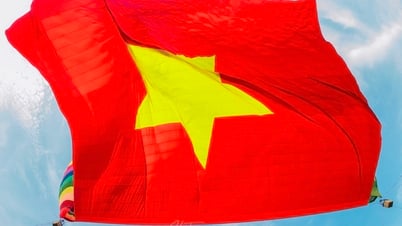

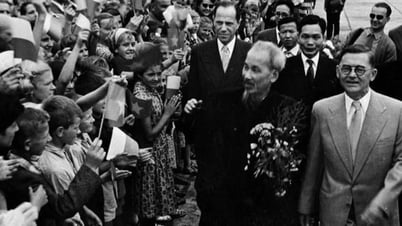

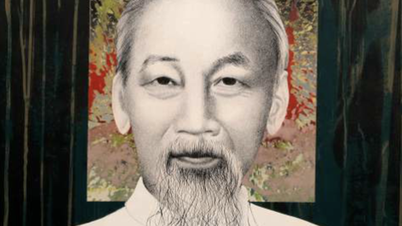

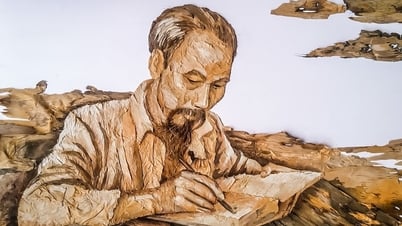














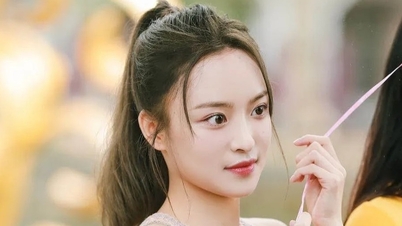
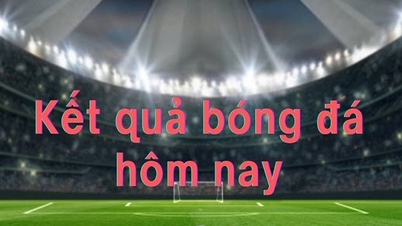
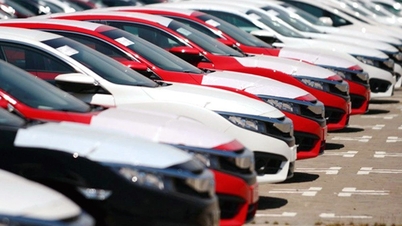
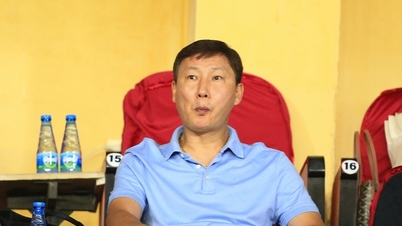
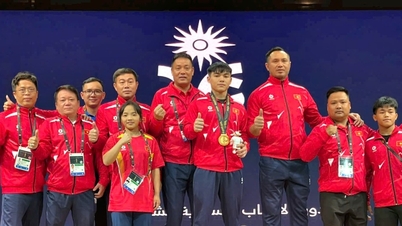
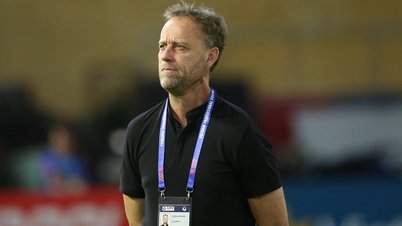





















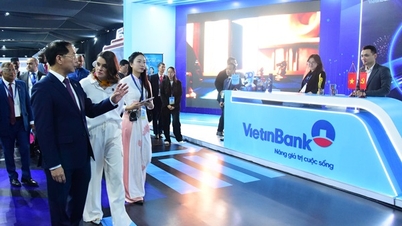














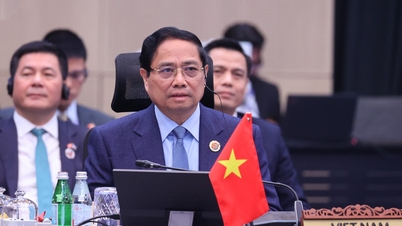






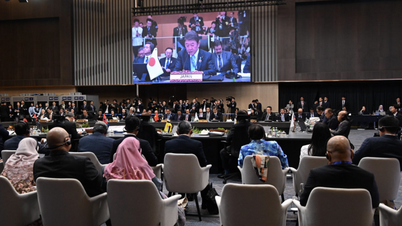

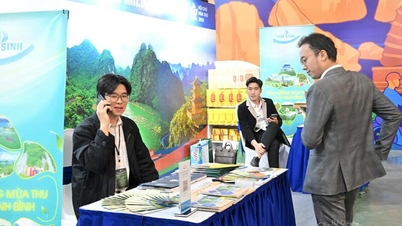
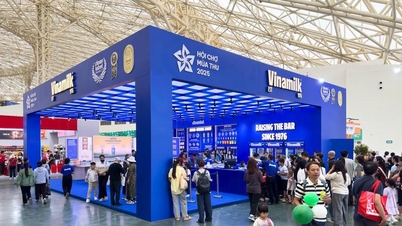
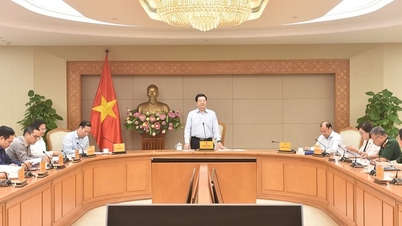

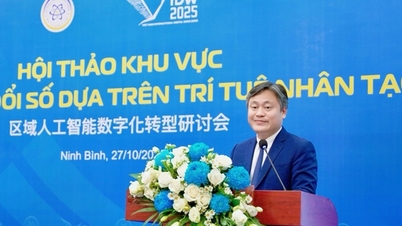
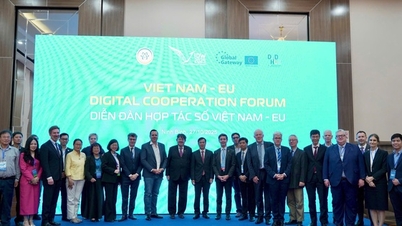
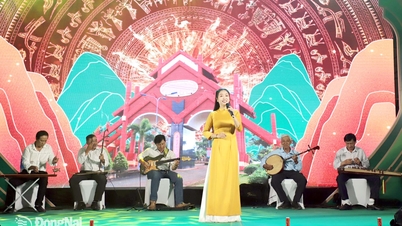

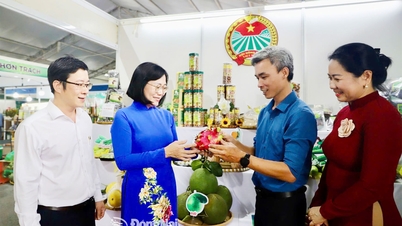
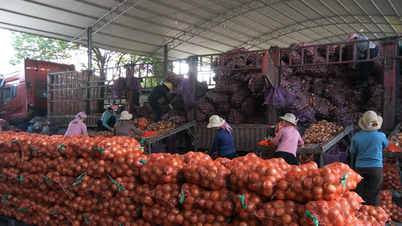

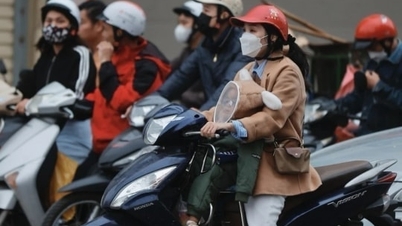

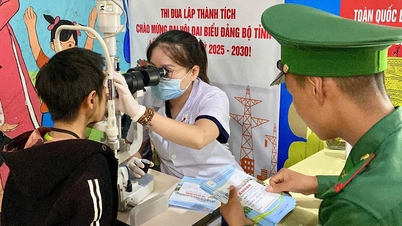













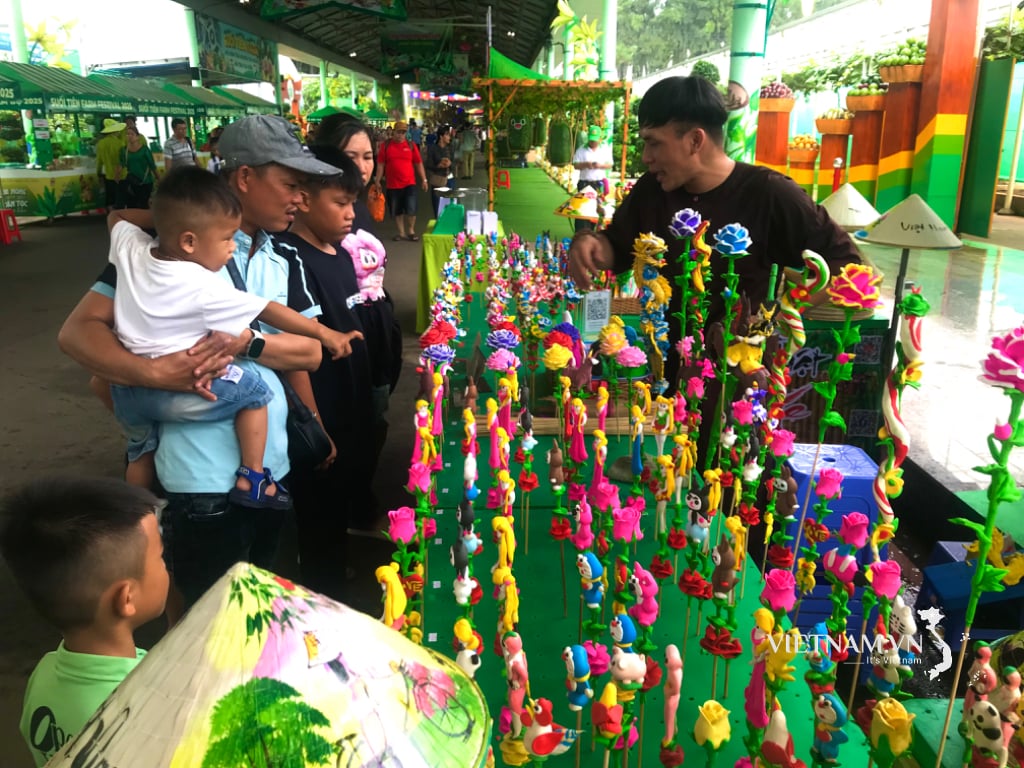



Comment (0)